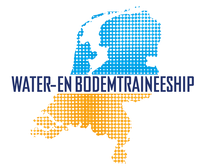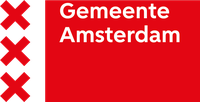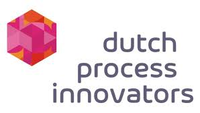Bachelor
The Bachelor's programme of Civil Engineering is a 3-year programme, with each 4 modules within (one module per quartile). Each module is a coherent block of courses, that all come together in a module project. The modules all focus on a specific theme within Civil Engineering, be it related to construction, transport or water. In learning about construction, you will study the functional design of structures and the management of the construction process. Transport is about the combination of infrastructure, mobility and sustainable transport systems. Studying water and water management involves disciplines such as fluid mechanics and dynamics, and areas like water and coastal management, reservoirs, water flows and flood protection. A field of expertise the Dutch are famous for!
For more information about the curriculum, click here!
The structure of the modules is as follows:
Bachelor 1
Module 1: Introduction to Civil Engineering
In the first module, you are introduced to the many aspects within Civil Engineering. With courses such as Mechanics I, Mathematics, Construction Materials, Matlab Programming and the project, you will get a grasp of the things that go on in CE-world, learn the basics of designing structural systems and are able to compare the behaviour of different construction materials.
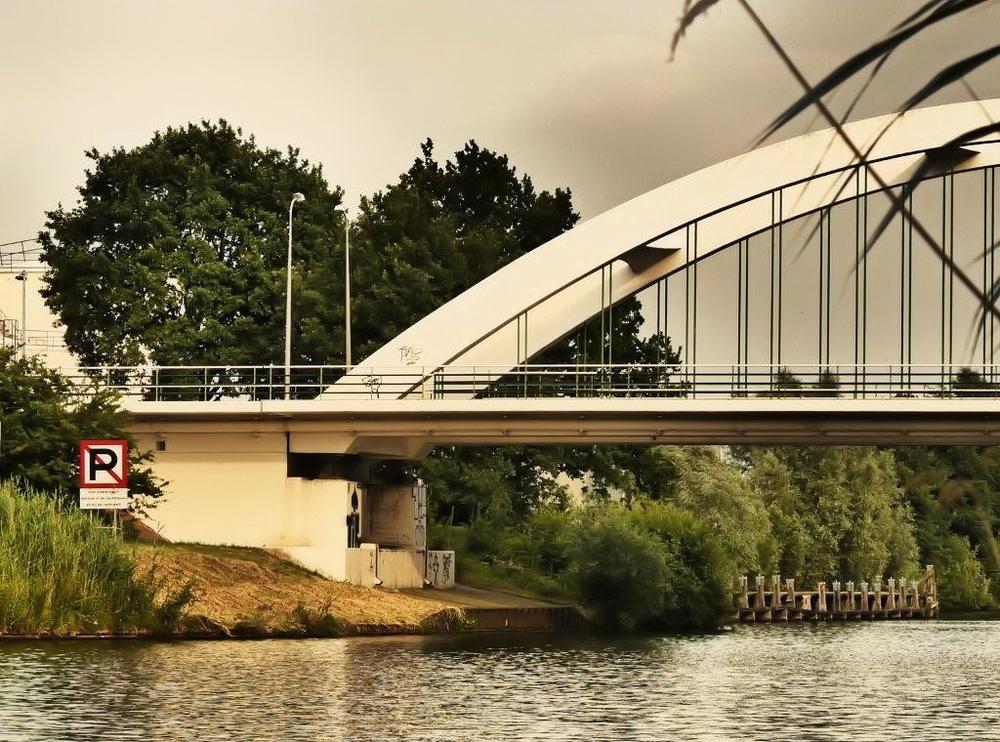
Module 2: Water Management
The second module focusses on the first core theme within Civil Engineering: Water. With courses such as Fluid Mechanics I, Water, Mathematics, Policy Processes and the project, you will gain insight in the behaviour of water systems. Furthermore, you learn the effects of human intervention in water systems, both on the water systems themselves and on the human coexistence with them.

Module 3: Traffic and Transport
The third module focusses on the second core theme within Civil Engineering: Transport. With courses such as Statistics, Mathematics, Traffic and Infrastructure, Traffic Demand Modelling and the project, you will better understand how traffic networks work, how to analyse traffic data and get to know the basis of transport planning.

Module 4: Design of Constructions
The fourth module focusses on the third and last core theme within Civil Engineering: Construction. With courses such as Mechanics II, Mathematics, System Engineering, Circular Finances and the project, you will look at the whole life-cycle of a building project. Each and every stage of the building project is assessed, simulating a real-life project.
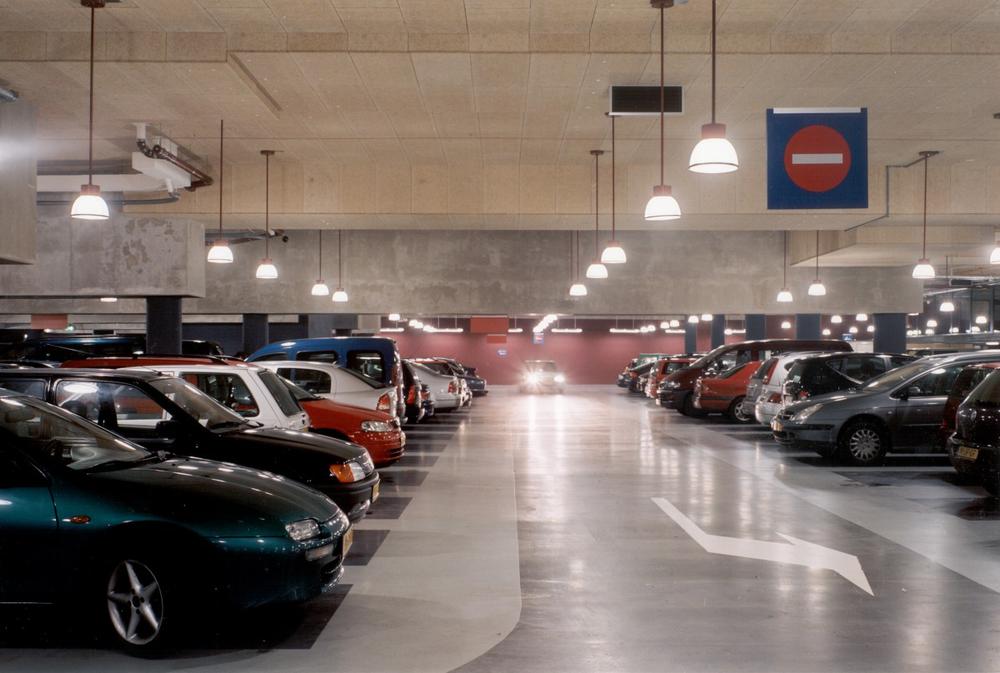
Bachelor 2
Module 5: Safety and Risks in Deltas
The fifth module is all about water-related safety and risks. With courses such as Fluid Mechanics II, (the last) Mathematics, Soil Mechanics, Water Management and the project, you will get answers to questions such as 'How is the safety and risks mechanism for dikes regulated?', 'What is the consequence of a dike breach on the hinterland?' and 'What different failure mechanisms are there?'.

Module 6: Sustainability and Civil Engineering
The sixth module teaches about ways to meet all the human needs, whilst also preserving the environment as good as possible. With courses such as Structural Mechanics, Environmental Impact of Materials, Social Sustainability, Energy Use in Built Environment and the project, you learn about the environmental impact accompanying the use of certain construction materials, analyse and compare the sustainable impacts of civil engineering systems and broaden your view on sustainability in general.

Module 7: Urban Development/Spatial Planning
In the seventh module the issues accompanying urban development projects are highlighted. With courses such as Spatial Policy and Law, Spatial Economics, Stakeholder Analysis and Management and GIS-modelling, your eyes will be opened how complex such projects are and how to deal with all these different needs and demands. Furthermore, you will gain experience with GIS (Geographical Information Systems) and how to best use it to extract, store and analyse geo-information.

Module 8: Modelling/Optimizing Transport Precesses
The eight module is about traffic flow optimization-processes, such as in big parking lots or patient waiting times in hospitals. There are courses such as Traffic Flow Dynamics, Micro Simulation and Heuristics. You do for example, with a certain uncertainty, know how many visitors a hospital has, but their arrival time, staying time, route of transport etcetera all have different uncertainties. In this module, you learn to model and analyze complex real-world problems in which uncertainty is involved.

Bachelor 3
Module 9 (minor 1): Free of choice ; Multi-Functional Flood Defences
In your minor you can choose to follow a module of your interest. This can be deepening or broadening, at the UT, another university in the Netherlands or abroad. All is open
The civil engineering related minor is Multi-Functional Flood Defences. During this minor, you will adress an interdisciplenary design of a flood defence. You will develop an integral solution, taking use functions, spatial planning, building with nature, subsoil characteristics and stakeholder management all into account. As end-product, a scale-model (maquette) has to be made.
Module 10 (minor 2): Free of choice ; Smart Ways to make Smart Cities Smarter
The civil engineering related minor is Smart Ways to make Smart Cities Smarter. During this minor, you zoom in from Smart Cities concepts to a specialized design. You will gain in-depth knowledge of how the construction of Smart Cities affects the physical urban built environment, andy you will get to know whether and how such Smart City solutions can be implemented in existing city space.
Module 11: Preparation for Bachelor's Thesis
Module 11 is all about the preparation for your Bachelor's Thesis. Before you can start your own research for the Bachelor's Thesis, several fundamental questions have to be answered. In module 11, the focus is on the production of knowledge in the field of civil engineering. In this, special attention goes to the central role of models, the role of actors within the production and dissemination of knowledge and how to set-up a project plan for research projects.
Module 12: Bachelor's Thesis
The Bachelor is to be finished with the Bachelor's Thesis, an assignment in which you prove you have sufficient knowledge to carry out your own research in the field of civil engineering and work and report systematically. It can be carried out in a civil engineering organisation (company or research institute), either in the Netherlands or abroad.









